UN-Water welcomes the launch of the Water Policy Report 2021.
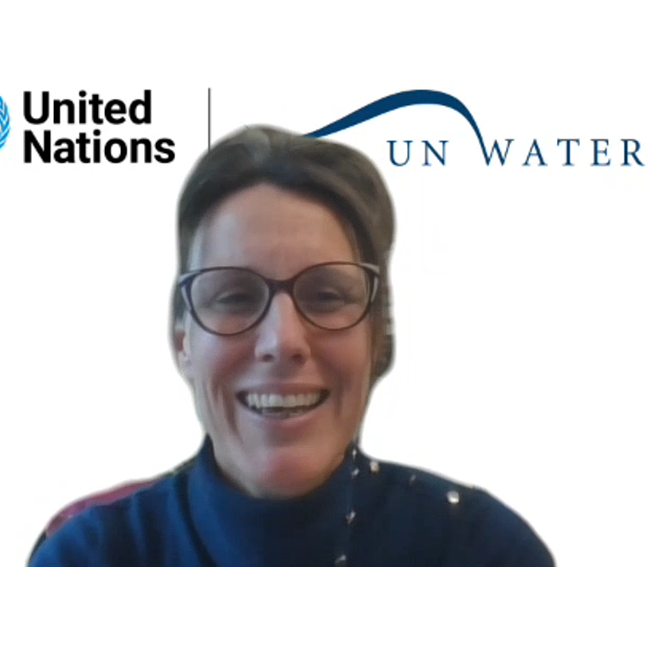

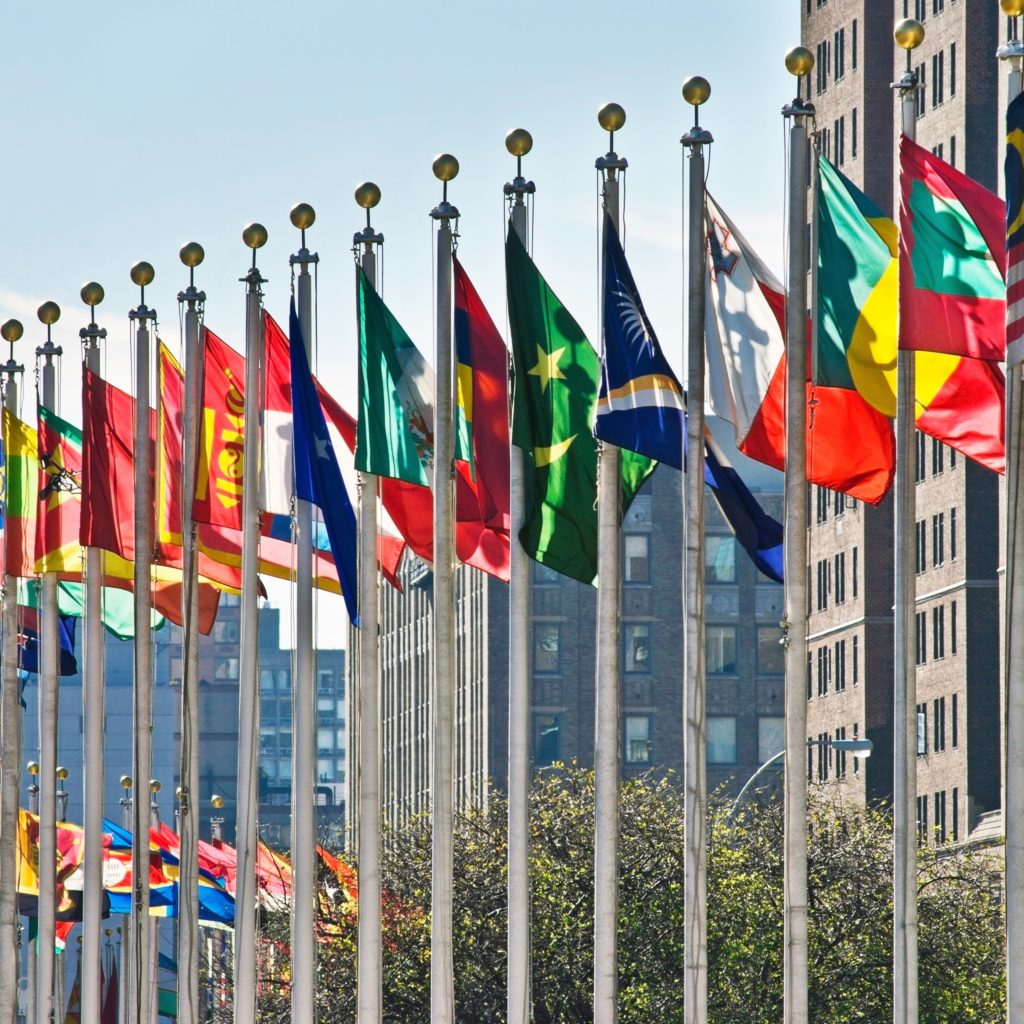
A new report reveals the key issues to improving water outcomes globally, as perceived through the eyes of people with national water leadership responsibility.
Launched on Monday 29 November at the XVII World Water Congress of the International Water Resources Association in Daegu, Republic of Korea, the inaugural Global Water Policy Report 2021: Listening to National Water Leaders is the result of a comprehensive survey of Ministers, top officials and other national water leaders in 88 countries.
Among their many messages, they are saying:
The Global Water Policy Report 2021 is based on the experiences and perspectives of people who have responsibility for achieving ‘sustainable water for all’ in their countries across all regions, with a combined population of over 6 billion people – 75 percent of the world’s population.
At the report’s launch, project team chair Mr Tom Soo thanked Ministers, top officials and other national water leaders for sharing their experiences and perspectives.
“Water Policy Group deeply appreciates the time you have contributed to this project, and through that your commitment to better water outcomes everywhere,” Mr Soo said.
The Global Water Policy Report 2021 was prepared by the Water Policy Group in partnership with the University of New South Wales Sydney Global Water Institute.
Media enquiries: Trish Dalby | p.dalby@unsw.edu.au
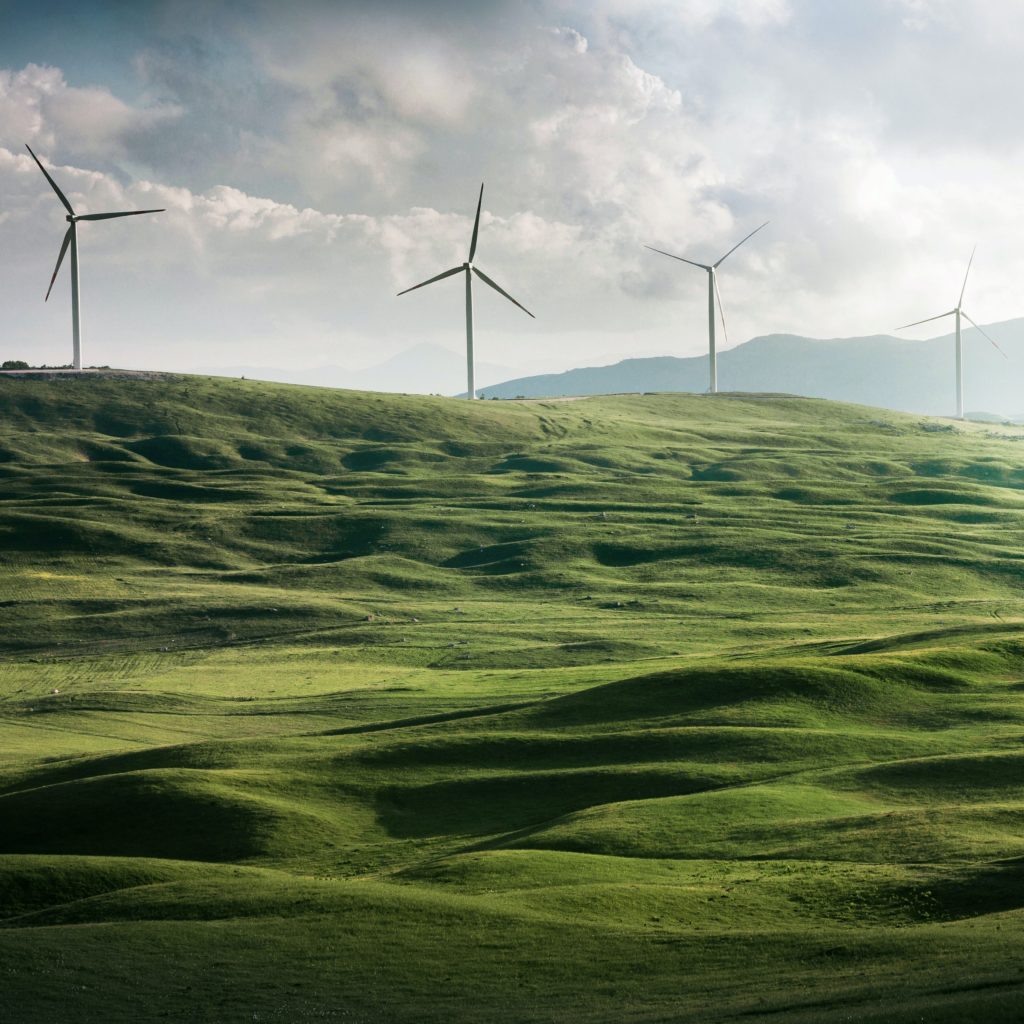
National water leaders from 88 countries across all global regions collectively view climate change as the greatest risk to maintaining or achieving good water management in their countries
These results come from a comprehensive survey of national water leaders aimed at better understanding what makes the achievement of sustainable water for all so difficult.
Out of nine different risks, ‘Climate change reducing water supply or increasing flood and drought risks’ is the most frequent ‘first ranked’ risk and features in the ‘top three’ risks for the great majority of countries – regardless of their economic status. Risks of water-based disasters of droughts and floods are the third and fourth ranked, in effect adding to the climate risk profile.
More results of the survey will be included in the 2021 Global Water Policy Report, to be launched by the Water Policy Group and the UNSW Global Water Institute on 29 November 2021 at the XVII World Water Congress in Daegu, Republic of Korea. You can register your interest in the report here.
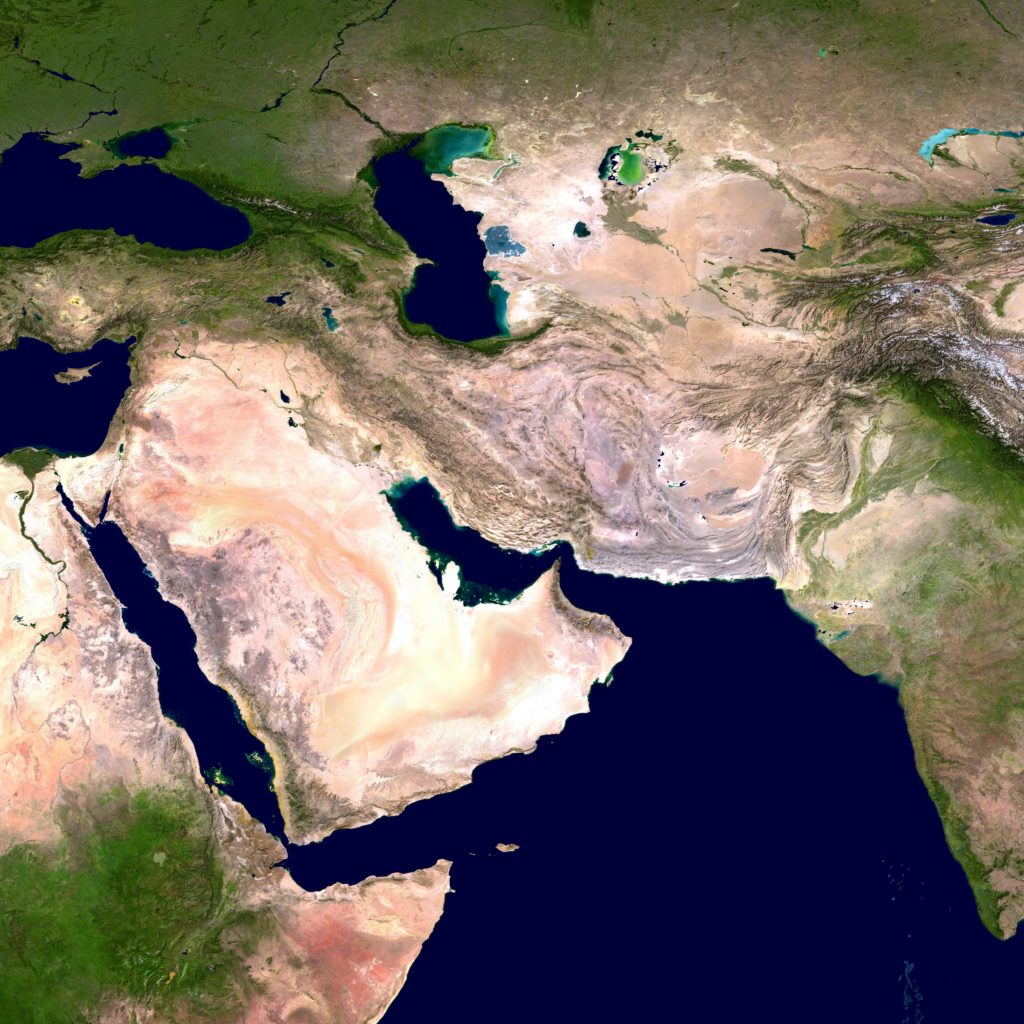
Water ministers and other national water policy leaders from all regions of the world have seized the opportunity to contribute to a landmark global report on water policy, set to be released this year.
The inaugural Water Policy Report will reveal the key social, political, financial and structural barriers inhibiting better progress on water issues, as identified through the 2021 Water Leaders Survey.
Those invited to complete the current Water Leaders Survey include water ministers and heads of national water departments and agencies as well as other persons with national water leadership roles.
Tom Soo, Chair of the Water Policy Group project team, said that the response from national water leaders has been very positive.
“Water leaders worldwide have embraced the opportunity to contribute anonymously to the Survey and to share their personal experience,” said Mr Soo.
“Officials responsible for guiding national water management will be able to use the Water Policy Report to determine which of their particular challenges are shared by other countries and, therefore, provide an opportunity to learn from their experiences.”
The survey asks for the opinions and perspectives of national water leaders on many topics within their responsibilities, including risks to maintaining or achieving good water management in their country, how COVID-19 has affected national water outcomes and the relative importance in their country of the five accelerators in the United Nations SDG6 Global Acceleration Framework. The survey also contains questions specific to groundwater challenges, aligning with the theme of the next United Nations World Water Development Report.
“The Water Policy Report will be based on the aggregated responses of national water leaders in each UN geographic region and show challenges and constraints at both the global and regional levels. As such, the Report will provide new and genuine insight about the issues governments are facing in their pursuit to achieve Sustainable Development Goal 6”, Mr Soo said.
The project is being led by the Water Policy Group with support from the University of New South Wales Global Water Institute.
The Survey will close in August 2021. National water leaders from all countries are invited to participate.
Questions about eligibility and survey access can be directed to survey@waterpolicygroup.com.
Water Policy Group
8 July 2021

The sustainable management of water is persistently difficult to achieve, yet is necessary for success in health, education, food security, economic growth, environmental quality and adaptation to climate change. Water is indeed essential for all life.
Why have governments not given water higher priority and more attention? What is it about water that makes progress so challenging?
Water Policy Group, with support from the University of New South Wales Global Water Institute, is seeking to better understand the true constraints to progress and investigate the ‘political will’ that is often identified as a key constraint to progress.
Water Policy Group’s newly launched Water Leaders Survey is gathering data on the experiences and opinions of national government ministers and top-level officials responsible for water to establish what is holding them back. Aggregated responses at the global and regional level will be analysed to identify the core challenges and constraints and Water Policy Group will report its findings in the 2021 Global Water Policy Report. Individual survey responses and countries will be confidential and not identified in the Report.
The Survey and the Report will focus generally on constraints to sustainable water management and specifically on groundwater to contribute to the United Nations water theme for 2022. The project will be repeated regularly in future years with the general questions remaining constant, enabling trends to be revealed, and the specific questions focused on the upcoming United Nations water theme.
Mr Tom Soo, Chair of Water Policy Group’s project team, says, “This survey and report aim to go where no one has gone before, to better understand why so many countries struggle to achieve sustainable and equitable water access.
“Our hope is to equip governments with information about the political factors that limit progress so that a common understanding of these factors might help to overcome them.”
For further information about the 2021 Global Water Policy Report: Water Leaders Survey, or to request an invitation to complete the survey, please contact any member of Water Policy Group or email us at survey@waterpolicygroup.com.
The 2021 Global Water Policy Report: Water Leaders Survey is being conducted with support and assistance from the University of New South Wales Global Water Institute.
Water Policy Group
10 March 2021
In collaboration with the University of New South Wales, Water Policy Group is currently collecting responses to the 2021 Water Leaders Survey. Responses to this confidential survey will be combined with all others to provide a regional and global understanding of water policy issues in order to prepare the Global Water Policy Report.
For more information on confidentiality, consent and ethics: Global Water Policy Report – Survey Participant Information Statement

Water policy makers around the world face challenging issues that are constantly evolving. This complex policy landscape requires decisions that must adapt to uncertain conditions and draw from the best available information.
In July 2020, Water Policy Group announced its intention to support the newly launched Global Acceleration Framework for SDG 6 by issuing a regular Water Policy Report. The report will identify the key issues and constraints facing governments in the development and implementation of water and sanitation policies. The Water Policy Report will contribute to policy development by providing insight, timely intelligence and peer support offered by shared experiences from across the world.
For more information on the Water Policy Report, download a copy of the PDF brochure.
Today is the 10th anniversary of the recognition by the United Nations General Assembly of “the right to safe and clean drinking water and sanitation as a human right that is essential for the full enjoyment of life and all human rights.”
June 2020 marked the 75th anniversary of the signing of the UN Charter, established over the three pillars of peace and security, human rights, and development. These pillars are as relevant today as they were in June 1945, when the world was recovering from of the devastation of World War II. There is little disagreement now that collective action and solidarity is essential to tackle the global issues of our times.
Given the significance of these anniversaries, Water Policy Group calls on governments and development partners to rectify the lamentable lack of access to clean water by many in the global community and accelerate efforts to universally deliver this fundamental human right.
Water bridges the three pillars of the UN Charter and is also essential for realizing many other human rights:
“Water is necessary to produce food (right to adequate food) and ensure environmental hygiene (right to health). Water is essential for securing livelihoods (right to gain a living by work) and enjoying certain cultural practices (right to take part in cultural life).” [1]
Human rights to water and sanitation are also embodied in the Sustainable Development Goals, which include ensuring access to water and sanitation for all people. Having access to safe water can be a determining element to cut perpetual poverty. In the era of the COVID-19 pandemic, access to clean water and appropriate sanitation is literally a matter of life and death.
Water Policy Group has urged governments to base water decision-making on a human rights approach. This means prioritising the provision of services to the people and communities who are most vulnerable and not protected by existing safety nets. In many cases, this will require political leadership to reconsider conventional approaches, and change legislation and budgetary priorities.
Water Policy Group calls on governments to take the opportunity of unprecedented investment in COVID-19 response measures, disaster risk reduction, climate change-related initiatives and development actions to deliver on the human rights to water and sanitation. To do so, many governments will need to:
The concurrence of these anniversaries with the worldwide pandemic and evolving awareness of structural inequalities provides an unprecedented opportunity to accelerate progress toward the fulfillment of the basic human right to safe drinking water and sanitation. Water Policy Group urges governments and partners to seize this moment.
Water Policy Group
28 July 2020
Enquiries: info@waterpolicygroup.com
Download the PDF version of this statement
[1] General Comment No. 15: The Right to Water (Articles 11 and 12 of the International Covenant on Economic, Social and Cultural Rights), adopted at the 39th Session of the Committee on Economic, Social and Cultural Rights, 20 January 2003.
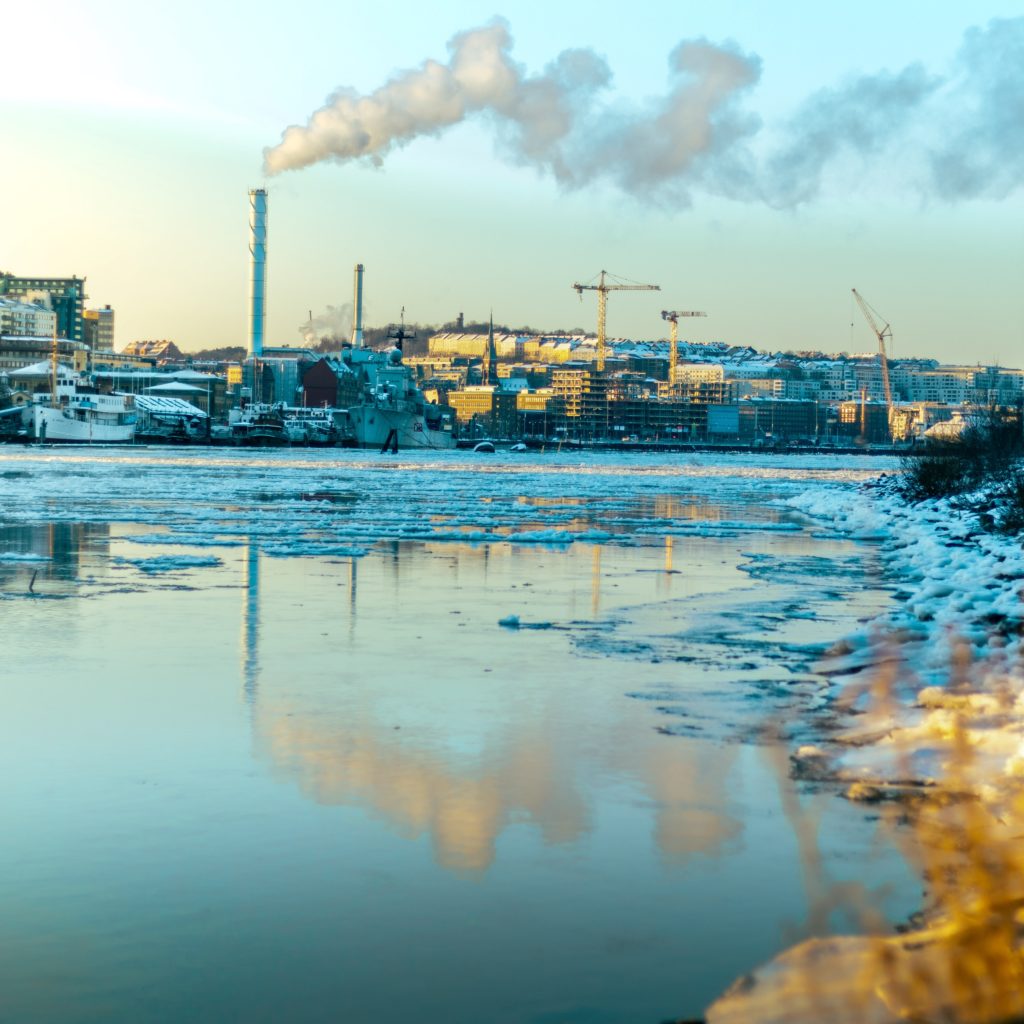
Water Policy Group will contribute to ensuring the availability and sustainable management of water and sanitation for all (Sustainable Development Goal 6) and support the newly launched Global Acceleration Framework for SDG 6 by issuing a regular Water Policy Report. The report will provide insight into the key issues and constraints facing governments in SDG 6 implementation.
The announcement of the Water Policy Report follows the Group’s call for governments to step up their efforts on SDG 6. The report will be drawn from surveying the views of many people in water policy leadership roles in a wide range of countries in all regions and climate zones and in different stages of economic development. By drawing on a very wide range of perspectives and policy experience from around the world, the report is intended to provide deep insight into the key enablers of and constraints to progress in achieving sustainable water and sanitation for all.
Many countries are not on track to achieve the water and sanitation goal by 2030, yet doing so is a necessary precondition to achieving all other sustainable development objectives, including health, food, clean energy, economic development, decent work, and environmental protection. For this reason, accelerated action on water and sanitation is imperative.
Water Policy Group applauds today’s launch of the Global Acceleration Framework by Secretary General of United Nations, António Guterres, and the collective work and will of 32 agencies of the United Nations and many partner institutions in preparing this through UN-Water. Through the Framework, United Nations agencies will assist governments with five ‘accelerators’: financing, data and information, capacity development, innovation and governance.
The Water Policy Report will cover all these topics, helping governments place the issues they are dealing with in a broader global context and supporting the Global Acceleration Framework. The survey component will be undertaken in collaboration with the University of New South Wales Global Water Institute.
Water Policy Group
9 July 2020
Enquiries: info@waterpolicygroup.com
Water availability is at the core of the world’s response to the COVID-19 pandemic and it is at the core of humanity’s progress. Clean water access is essential as a first line of defence to COVID-19 containment and is also key to effective treatment and recovery. Furthermore, the monitoring of sewage has emerged as a key surveillance tool for the early detection of the virus in the community.
While access to clean and safe water can largely be taken for granted in some countries, this continues to be a major challenge for many—as evidenced by progress reporting that many nations are not on track to achieve the Sustainable Development Goal of clean water and sanitation for all people by 2030 (SDG 6). Many countries with plans and projects to meet the targets lack the necessary finance. As many countries implement emergency measures to secure essential water access to contain the spread of the pandemic, they are undertaking significant budget reprioritisation. In this context, Water Policy Group calls for water availability to be prioritised. Countries now have a rare opportunity to ensure that the economic stimulus measures that revive economies and create jobs also focus on water and sanitation sectors and align with a long-term future that is water-secure.
Water insecurity is acknowledged as an enormous risk to global economic development. Safe water availability is crucial to overcoming the pandemic, protecting the health of communities, and for economic development. Water Policy Group calls for governments to step up their efforts to achieve the availability and sustainable management of water and sanitation for all, with the support of international programmes, organisations, and partnerships.
Now is the time to deliver on the agreed social justice, environmental, and economic goals so necessary for global development and security.
Water Policy Group urges governments to:
Water Policy Group anticipates that the dramatic reprioritisation of national development and resource strategies resulting from COVID-19 should fundamentally change national water and development trajectories in the long term for the better. While it may seem to be conventional wisdom that societies have to go through a period of ‘arrested development’ as a consequence of the pandemic and concomitant economic shock, there is another option: to come out of this challenge stronger, evidenced by the many calls for a ‘green recovery’ and to ‘build back better’.
Water Policy Group
3 July 2020
Enquiries: info@waterpolicygroup.com